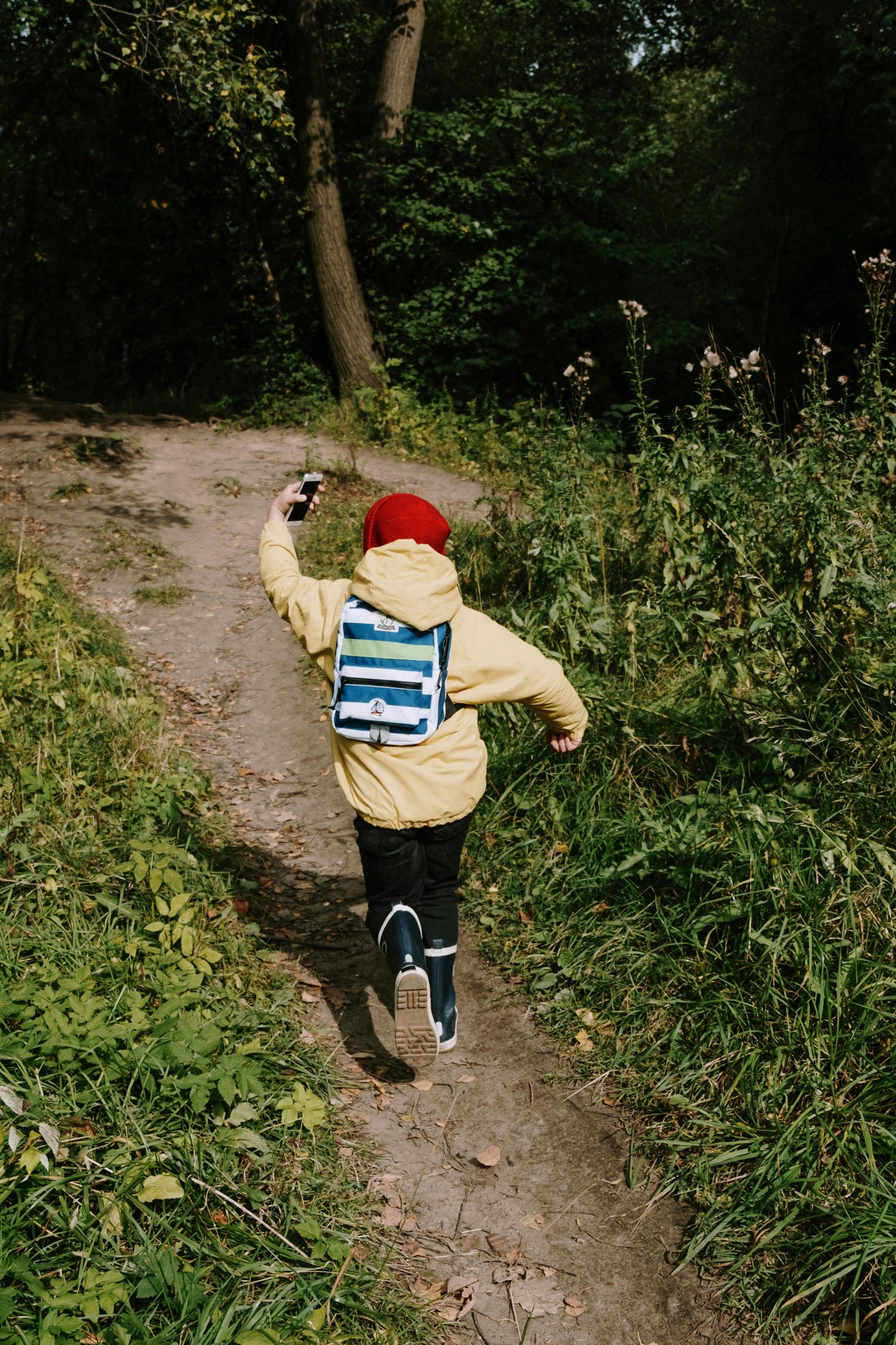As children settle back into their school routines, their bodies are adjusting to long days, heavy backpacks, and increased screen time. But are these habits setting them up for success—or leading to long-term strain?
At Luck’s Yard Clinic, we often see young patients struggling with back pain, poor posture, and sleep difficulties. The good news is that small changes can help prevent discomfort and support their overall wellbeing.
Backpacks: Reducing the Strain
A poorly packed or heavy backpack can put unnecessary pressure on the spine, shoulders, and neck. Over time, this can lead to pain and postural problems. To keep it manageable:
Check the weight – A backpack should weigh no more than 10 to 15 percent of a child’s body weight.
Use both straps – Carrying a bag on one shoulder causes uneven strain and can lead to poor alignment.
Pack efficiently – Place heavier items closest to the back and avoid carrying unnecessary books or supplies.
Encouraging good habits now can prevent discomfort and long-term issues.
Screens: Protecting Eyes and Posture
Many children spend hours each day on screens for schoolwork, socialising, and entertainment. Excessive screen time can contribute to eye strain, poor posture, and sleep disruption. To minimise the impact:
Follow the 20-20-20 rule – Every 20 minutes, look away from the screen for 20 seconds at something 20 feet away.
Maintain good posture – Devices should be at eye level to prevent slouching and neck strain.
Set screen time limits – Reducing recreational screen use, especially in the evening, can improve focus and sleep.
Sleep: Building Healthy Night-Time Routines
Quality sleep is essential for learning, mood, and overall health, yet many children struggle to get enough rest. Late-night screen use, irregular routines, and lack of physical activity can all contribute to disrupted sleep patterns. To improve sleep quality:
Establish a consistent bedtime – A regular sleep schedule helps the body recognise when it’s time to wind down.
Limit screens before bed – The blue light from phones and tablets can interfere with melatonin production, making it harder to fall asleep.
Encourage daily movement – Physical activity during the day helps regulate the body’s sleep-wake cycle.
By making small but effective changes, children can improve their posture, reduce discomfort, and get the rest they need to perform at their best. If your child is already experiencing back pain, tension, or trouble sleeping, a check-up at Luck’s Yard Clinic can help identify any underlying issues and provide expert advice.
For more information or to book an appointment, get in touch with us today.




